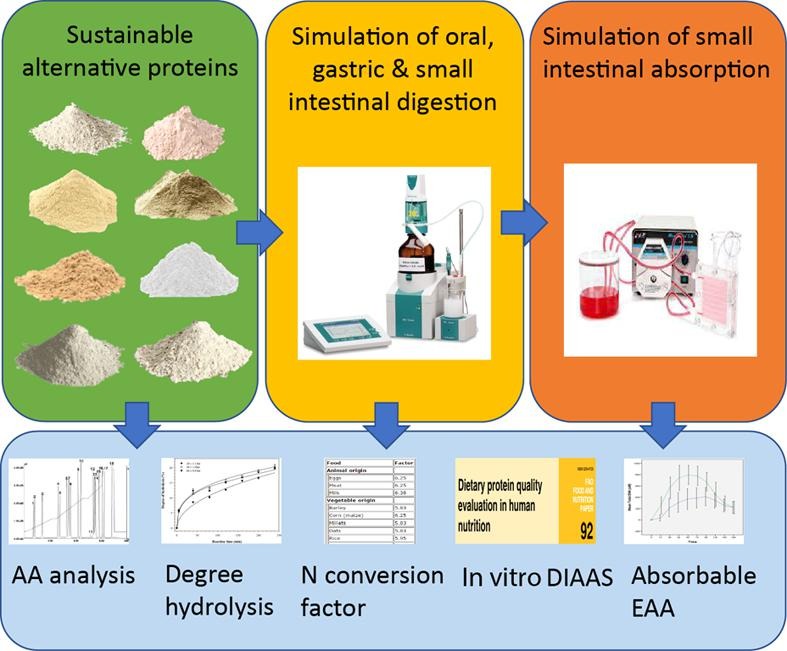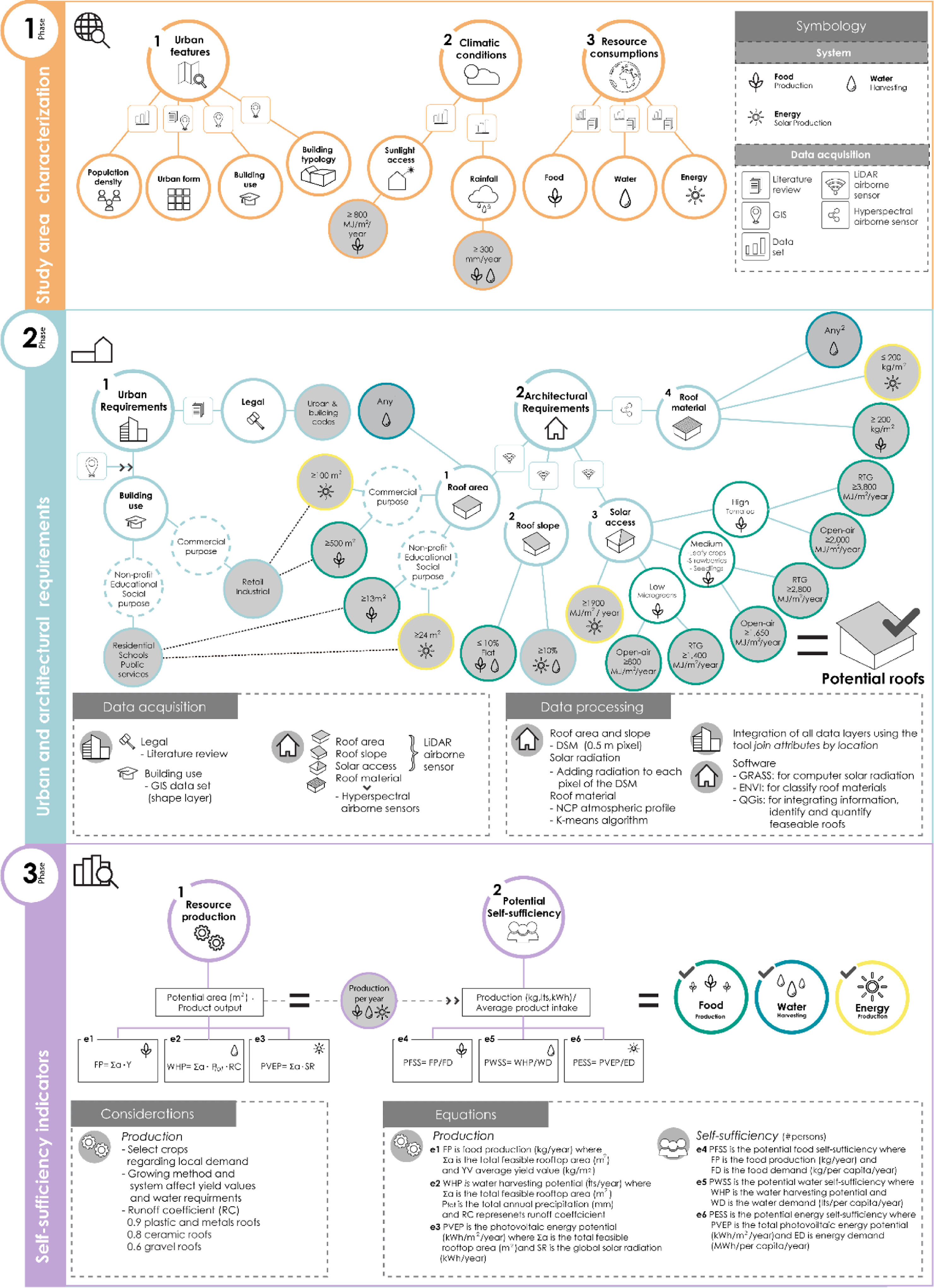The London Book Fair is the global marketplace for story creators. As a leading event organiser we bring whole industries together which can advance sustainability – playing a role in educating and influencing behaviour with a large number of stakeholders. The London Book Fair advances SDG 4 - Quality Education.
We study whether there is a racial bias in ratings of professional football players in Italian newspapers. We find that there is such a bias. Conditional on objective performance indicators black players receive a lower rating than non-black players. This is not a difference across the board but predominantly present at the lower end of the newspaper rating distribution. The best black players are not subject to a racial bias in ratings. We also find that clubs do not have a racial bias in the wages they pay to players.
This study supports SDG 3 and 10 by identifying multiple structural and normalisation biases in maternity care in the UK that disproportionately affected Black and minority ethnic women who died while receiving maternity care, including lack of nuanced care; microaggressions; and cultural, social, and clinical complexities in the care received.
An exploration of how pollution affects biological diversity, supports SDG 15.
The study highlights significant socioeconomic status and gender inequalities in mental health and premature mortality among young people, underscoring the need for early preventive interventions.
We studied several sustainable alternative protein concentrates and a whey protein concentrate as reference, to determine their protein composition, digestibility and quality using the harmonized INFOGEST static protocol. The proteins concentrates were analyzed to determine their conversion factor, degree of hydrolysis, true ileal digestibility, in vitro digestible indispensable amino acid score (IVDIAAS) and total absorbable amino acids and total essential amino acids.
To feed the world's growing population in the future, there must be a protein transition from animal-based to more sustainable, plant-based sources. Hybrid plant-meat products can bridge the protein-transition and are also focused on nutritional and sustainability aspects. While the addition of powdered proteins changes the texture of meat products, textured proteins have been shown to achieve higher sensorial acceptability.
Transition towards more sustainable diets is imminent and marketers are looking for guidance on type of the advertising appeal that could effectively persuade consumers to buy products that could support this transition, such as hybrid products. While prior research has investigated the value of self-interest/-transcendent goal appeals and independent/interdependent self-construal, only a small number of studies have investigated these factors in combination.
This work established a framework to identify and analyze the technical feasibility of roofs for integrating urban agriculture, rainwater harvesting, and photovoltaic systems using various remote sensing. The framework was applied to a region north of Barcelona. Three levels of solar access requirements for tomatoes, leafy crops, strawberries, and microgreens were established. The case study included compact and disperse urban forms, residential and nonresidential building uses and various building typologies.
Using data from Eurobarometer 83.4, this study combines the two branches of research that address climate-related and biodiversity-related opinions and actions of individuals in the EU. The literature shows that the differences between climate-related and biodiversity-related policies correspond, at an individual level, to a person's basic attitudes towards environmental protection and towards nature protection, respectively.





